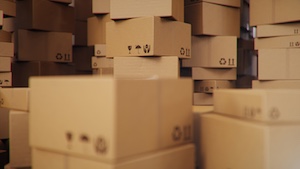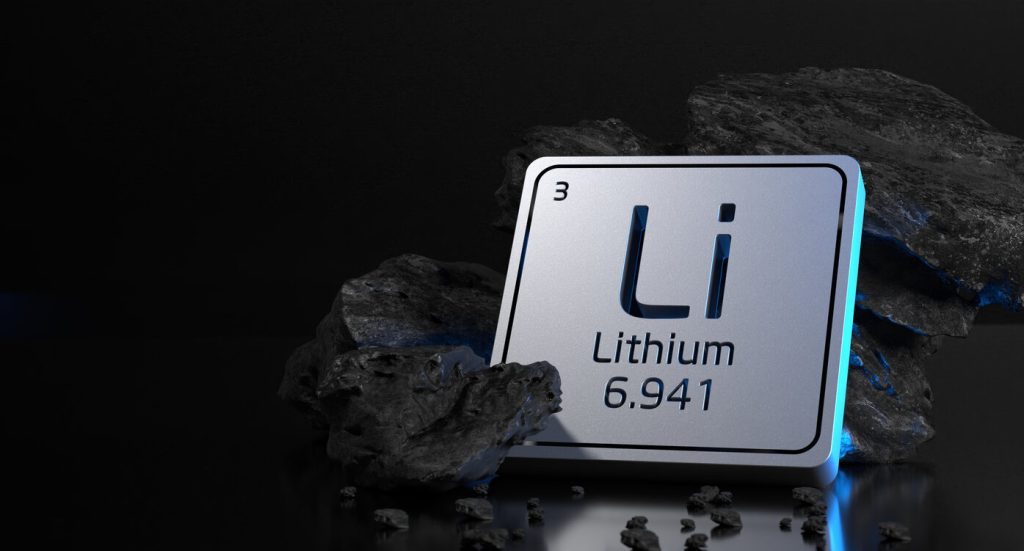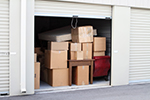In this guide, we’ve covered the things you should never store in your storage unit – risking your other belongings, invalidating your storage contract, and your storage insurance policy! Keep your items safe by being aware of what should stay far away from storage units…
One of the biggest mistakes storage users make over and over again is to assume that once they’ve signed their contract and got their insurance set up, it’s perfectly fine to put anything they like into storage.
It’s only when something goes wrong that they discover they’ve inadvertently invalidate their insurance policy – leaving them with damaged or destroyed belongings, and no cover to replace them!
So while storage units are incredibly helpful for clearing clutter from your home and safely storing your belongings elsewhere, it’s crucial to know that there are certain limitations to what you can and can’t store in your unit.
Below, we’ve highlighted some common items you should never put in your storage unit to help you stay within the terms and conditions of your contract.
1. Sentimental Items
While there are no rules about storing sentimental items in your storage unit, no about of storage insurance can cover the irreplaceable value of things like precious photos, keepsakes, and family heirlooms.
You can never predict when a fire or natural accident could strike and destroy your items in a storage unit, so we would never recommend putting those irreplaceable items into your unit.
2. You!
With the rising cost of living sending mortgage payments and rent soaring across the nation, some people have wondered if using a storage unit as a place to sleep might be a cheaper option – yes, really!
However, it goes without saying that this is a huge no-no. Living in your storage unit will undoubtedly invalidate your storage contract and your storage insurance, so don’t be tempted to go down this route. This includes using your storage unit as a gym, a place to hang out, or as an office space (aside from storing stock).
3. Flammable Items
Flammable items cannot be stored inside your unit. Multiple storage facility fires in recent years only further highlight how important it is to keep every unit as safe as possible. This includes substances such as petrol, oil, propane, flammable chemicals and in some cases lithium batteries.
If you’re storing household items such as a lawnmower or camping stove, you should make sure they are emptied of gas/fuel before being put into storage.
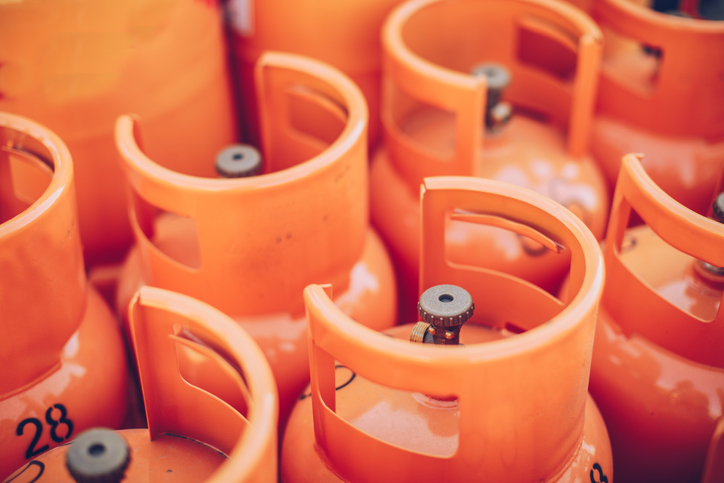
4. eScooters on Charge
Perhaps a surprising item to some, but eScooters with lithium batteries have actually been banned at a large number of storage units. Even if your eScooter is permitted in your storage unit, you should never leave it on charge while stored in your unit due to the heightened risk of fire.
We’ve covered this ban and the reasons why in more depth here. You can also find out more about storage units with electricity vs those without and which may be the better option for you.
5. Tyres & Wheels
On the surface, you may not see any reason not to store tyres in your storage unit . However, many storage facilities do have strict rules regarding storing tyres – whether it’s one or two or a large quantity of them.
This is because tyres left behind in storage units for a prolonged period of time can be extremely expensive for storage operators to dispose of, so they often have a blanket ban on them to avoid tyres being abandoned at the end of contracts!
6. Fridges and Freezers
Now, an unplugged and clean fridge or freezer will typically be perfectly fine to keep in your storage unit. However, a fridge / freezer that you plan on plugging in and keeping full of food is a huge no.
This is due to the risk of contamination between storage rooms should your fridge or freezer leak. Likewise, as you’ll read below, perishable good should not be stored in your unit – and the risk of foods going bad and emitting unpleasant odours in a fridge stored in your unit is highly likely if neglected!
7. Perishable Goods
While some canned goods may be allowed to be stored in your unit, perishable food items are not appropriate.
Things like meat, dairy, fresh produce, and other perishable foods cannot be stored, even if your unit is climate controlled. This is to avoid the food rotting in your unit, but also to prevent pests from being attracted to your unit and those around yours.
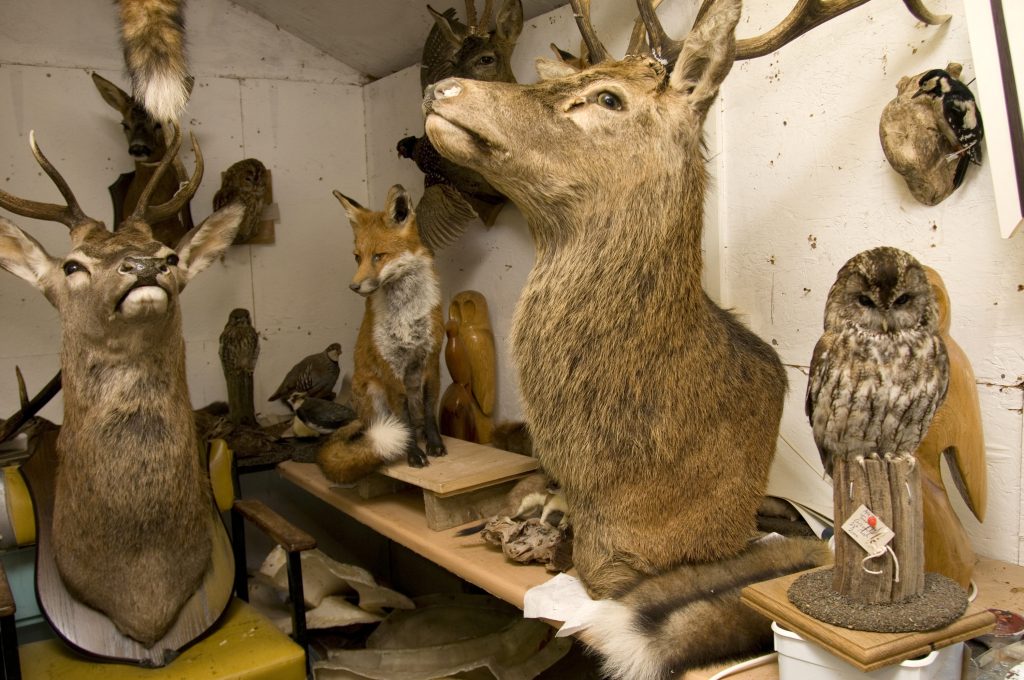
8. Taxidermy
The rules on storing taxidermy in your storage unit will likely differ between each facility. However, it’s important to stress that it’s not so much the taxidermy itself that you shouldn’t put into your storage unit, but it’s how you store it that matters.
Anything that puts your storage unit at increased risk of vermin due to decaying materials will immediately invalidate your policy and your insurance, so you need to ensure your taxidermy is accumulated in the correct way, as well as stored appropriately. For example, this could be storing them in wooden cases where daylight and bugs cannot get to it.
9. Hazardous Materials
Hazardous materials extend to cover flammable items as mentioned above, as well as potentially dangerous materials such as medical supplies, chemical substances, and pressurised aerosols which could be a safety risk.
Due to their potentially dangerous nature, these items are typically prohibited at storage unit facilities.
10. Living Things
It feels like it goes without saying, but for obvious reasons, living things including pets and plants should never be stored in a storage unit.
Storing plants will almost definitely damage them due to a lack of sunlight, but may also attract pests to your unit. Additionally, it should go without saying that storing animals of any kind is absolutely not allowed!
11. Weapons
A storage unit is not the place to be storing a weapons arsenal. In most cases, you’ll actually find that weapons of any kind are banned from being stored inside your unit.
In fact, even fireworks are prohibited in most cases – so if you do have weapons, keep them at home or find an appropriate provider who will allow you to store them safely and legally.
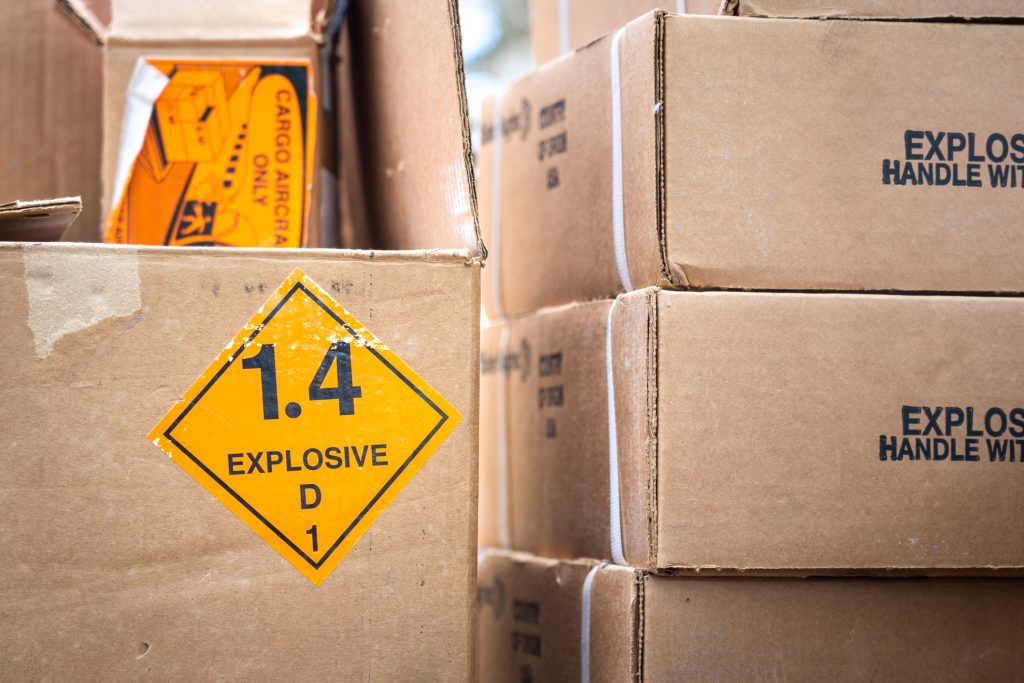
12. Illegal Goods
Another obvious point, but storing stolen or illegal items in your storage unit is also not allowed, and you could be prosecuted if found doing otherwise.
Additionally, storing illegal items in your unit will likely invalidate any insurance you take out to cover your stored items.
If you’re not sure if something is permitted to be stored in your unit, best practice is to simply ask! Your provider is going to be happier that you’ve asked first than to discover you’ve been storing something prohibited after the fact.
Keep Your Stored Items Covered
While some things are forbidden from storage units for the most part, most of your typical household items are suitable. However, accidents can always happen, and we highly recommend taking out a storage insurance policy to cover the total value of your belongings should anything happen to them.
Typically, storage insurance is a mandatory requirement by most facilities – but you’ll save up to three times more by shopping with us than directly with your storage provider.
Our policy will cover you for the loss or damage of your stored contents in the event of:
- Natural disasters, including lightning, earthquake, storm, flood and weight of snow
- Fire and explosion
- Leaking water/liquid from fixed water tanks and pipes
- Theft and attempted theft, with proof of violent breaking and entering (e.g. broken lock)
- Falling trees, telegraph poles and lamp posts
- Collision by a vehicle or animal
- Impact by aircraft and other flying devices or items dropped from flying aircraft
- Rioters, violent disorders, strikes, labour disturbances, civil commotion and malicious acts
Find out more and get a quote based on the value of your stored contents.

